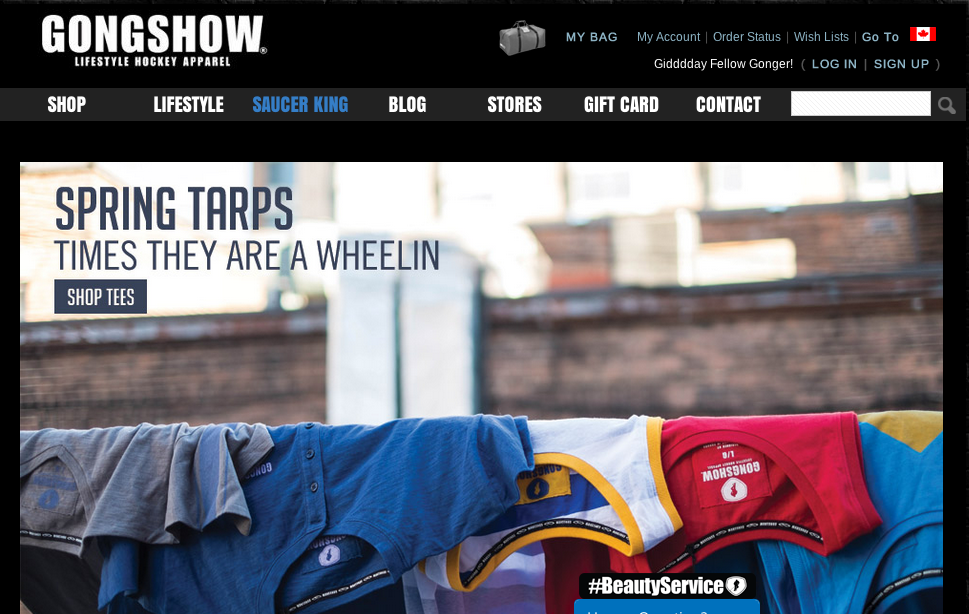Much attention is paid to the success of huge ecommerce companies, such as Amazon and Newegg. But there are many smaller ecommerce companies that prosper, too. They can inspire other merchants on how to become successful and stay that way.
This article focuses on four successful smaller merchants.
Vat19: Unique Products
A store that sells unique products that have been carefully selected after reviewing thousands of options can likely attract customers and beat the big guys. Vat19 (owned by Practical Ecommerce columnist Jamie Salvatori) specializes in this by selling “curiously awesome” products that are unique and hard to find. Each product page contains a video that is shot by the Vat19 team in its studio in Missouri.
Vat19 also offers other features to enhance the ecommerce customer experience. These include (a) same day shipping if order is placed before 2 p.m. Central U.S. Time, (b) real people manning the customer service phone lines, (c) all products in stock, avoiding shipping delays, (d) support for multiple payment methods, and (d) ability to ship internationally.
Lori’s Shoes: Attention to Detail
Handpicking products for shoppers based on their needs and preferences is the focus of Lori’s Shoes. The company started in the 1980s as a physical shoe store in Chicago and later expanded into ecommerce. Now the site and the physical store are very successful with the physical presence expanded to multiple locations. The reasons for this merchant’s success are the knowledge of the product and the hands-on approach to bringing the best product to the shopper. The founder continues to travel to Europe every year to find the best styles. Even in the age of technology, the personal touch and the attention to detail make a huge difference. This approach has resulted in the business expanding into other product lines, such as handbags and apparel.
Lori’s Shoes has a straightforward ecommerce presence with strong focus on building its social network. The business has more than 58,000 Facebook likes and almost 4,000 Twitter followers. For Lori’s Shoes, social media plays an important role in spreading the word and growing the business.
Junk Gypsy: Create a New Market
Another strategy for smaller retailers is to create a new market for its products. The founders of Junk Gypsy did just that. They started collecting items in flea markets and garage sales in Texas, where they reside. They soon realized that there was a demand for products that resemble second-hand merchandise. Soon they had a faithful following — including celebrities wearing and endorsing their merchandise, which includes a full line of clothes, accessories, and home decor items. The products are offered on the website and in the physical store.
Junk Gypsies is a good example of creating a new market — in this case, around products that are typically treated as junk. The company now has a community of loyal customers. Its success has led to a cable television show that explains the founders’ design process and showcases the merchandize they sell.
Gongshow Gear: Knowledge of the Market
Gongshow Gear was founded in 2002 to design, manufacture, and sell ice hockey apparel. It is good example of retailer that has built a business based on the founders’ knowledge of the market, which helps with the design and production of products that the hockey community wanted. The company also uses social media to spread the word.
Now it is the largest hockey apparel company in the world with an online presence and multiple physical stores. The company continues to engage the hockey community by organizing contests and sponsoring events, building on the company’s knowledge of the market.








